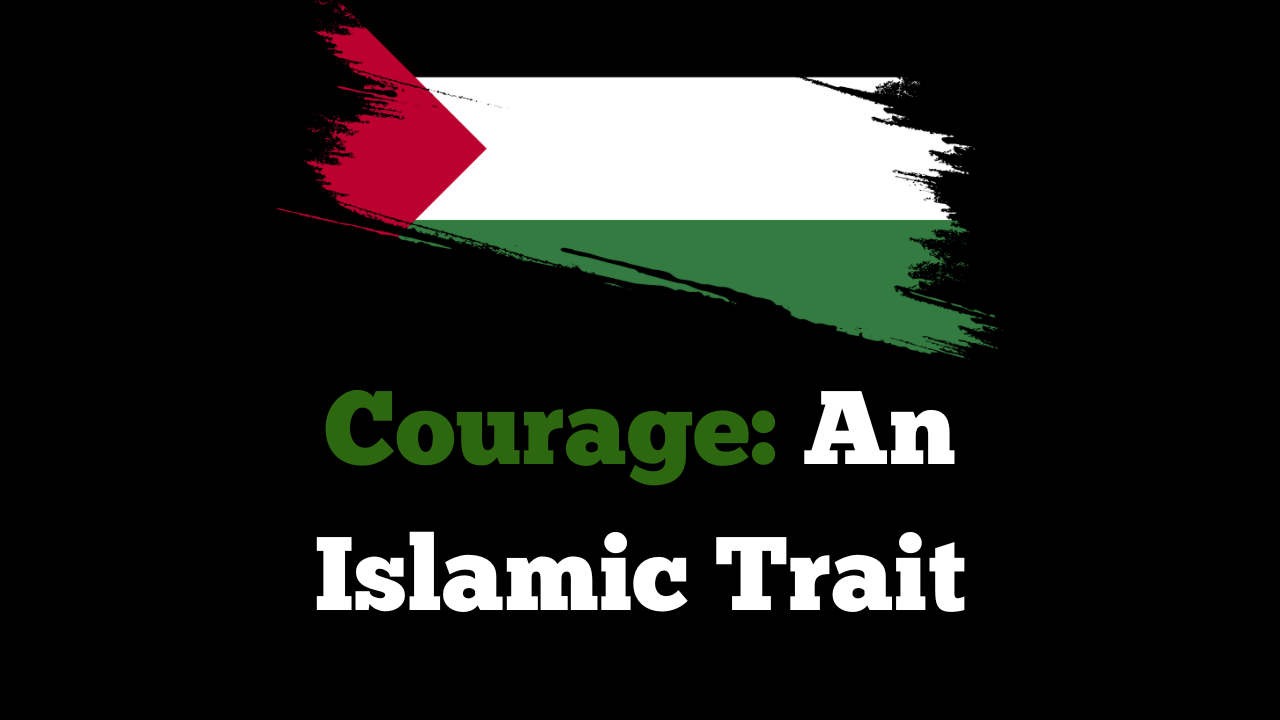Modern entertainment and conveniences have accustomed us to overstimulation. We want to be excited and entertained all the time and are easily bored. We try to fill our lives with distractions to avoid boredom and silence. When seeking ways to solve our problems, we expect an exciting conclusion to our story. We may even be disappointed when we ask others about their life stories to learn that their success came in a boring and mundane manner. Yet this is the true secret to success in the modern world; being the one who is willing to do the boring stuff.
Almost any major goal requires hard work, patience, timing, and long-term commitment. Seeing long-term projects through to fruition is not an exciting process. Often it is slow and boring. If you write a book, you often have to wait eighteen months before it is published and another year before you receive any profits from it. You want to get wealthy from investments, well that means you need to invest when the market crashes, and then wait, sometimes for years, for it to go back up, so you can cash out at the right moment. That business you want to build requires paperwork, lawyers, meetings, planning, and solving logistical problems. Nothing is as flashy or exciting as it seems in movies and videogames. Real work is often boring, and it is the boring work that opens the doors to success.
Get accustomed to boredom
Boredom is not your enemy. If anything, it is your secret ally. It is during moments of boredom that our brains develop their best ideas. Creativity flourishes during these moments. When we deprive ourselves the opportunity to be silent and bored, we hinder our own creativity. Make space for boredom, make time for boredom. There is no need to entertain yourself twenty-four seven. You do not need music blasting in your ears as you work, and multiple devices in your face as you eat. Make some space for thinking, dreaming, and planning. Boredom is your friend in the path to success.
Be patient and persistent
Most goals take time, and often there is nothing to do on the path to success but to wait. If you applied for a document, you have to wait for it. When you invest in a new stock, you have to wait for it to grow, which may take years. When you start a business, you may have days in which you have no sales, and you may to wait years before it truly flourishes and reaches its full potential. Patience when things get slow, and boring is necessary if you truly want to succeed.
You also need to be persistent. This means working hard even when you feel tired, burned out, sad, overwhelmed, or bored. It means that you keep pushing forward even when things seem bleak, and your goals feel unattainable. Persistence is key for maintaining workflow during times of low motivation, and for overcoming trials and setbacks. If you wish to succeed in any field, be ready to be patient when things are slow and persistent when things get in your way.
Do the work that others neglect
In every field, you will find a lot of neglected work. There are many tasks that are too tedious, boring, and overwhelming for most people. Many people will ignore these tasks and focus only on work that is interesting or exciting. In doing so, they miss out on many opportunities to accomplish great things. Very often, success lies behind the boring work that nobody wants to do. It is these tasks that often unlock new opportunities, reveal hidden paths to success, and remove obstacles from one’s path. To win, you must get used to boring work. Whatever field you are in, look at what others are ignoring because it is too hard, too boring, or too slow. Study these options carefully because they may be exactly what you need to accomplish your goals.
Develop a Strong Work Ethic
One of the best qualities you need to succeed is a strong work ethic. Get accustomed to hard work at a young age. Force yourself to focus and get things done, no matter how hard, slow, boring, or stressful the task is. If you can master your craft and become the hardest working person in the room, you can potentially become unstoppable in your field. You will outwork everyone, accomplish more, and earn more because you are willing to do the work that others refuse to do.
Learn to breathe and enjoy peace
Peace and silence are luxuries in modernity. Life is so busy, noisy, and overcluttered that very few people have the luxury to sit quietly and think. This is one of the greatest gifts that could work in your favour. Take time to relax, learn to enjoy nature, get comfortable being alone with your thoughts, and take extended breaks from technology. Do so, and you will unlock deeper thoughts, more creative ideas, and a calmer soul. We must be intentional in seeking silence and moments of peace.
Its okay to get bored
Boredom means you have time. You have less problems than others. You have the luxury to think, rest, or start something new. Boring work is often the most valuable work, and moments of boredom are sometimes the most important moments of the day. Take the time to be patient, persistent, and work hard. A strong work ethic, coupled with patience and determination will help you power through most obstacles.
To be our best, we need to let go of our desire to be constantly entertained. This is a childish desire that holds us back from our full potential. Adult life is not meant to be exciting and fun all the time. You should still carve out time for rest and entertainment, but the bulk of your day should go in hard work. It does not matter if that work is boring, what matters is that it is beneficial and helps open the doors to your success. Success is hard work and boring, so get used to it.






